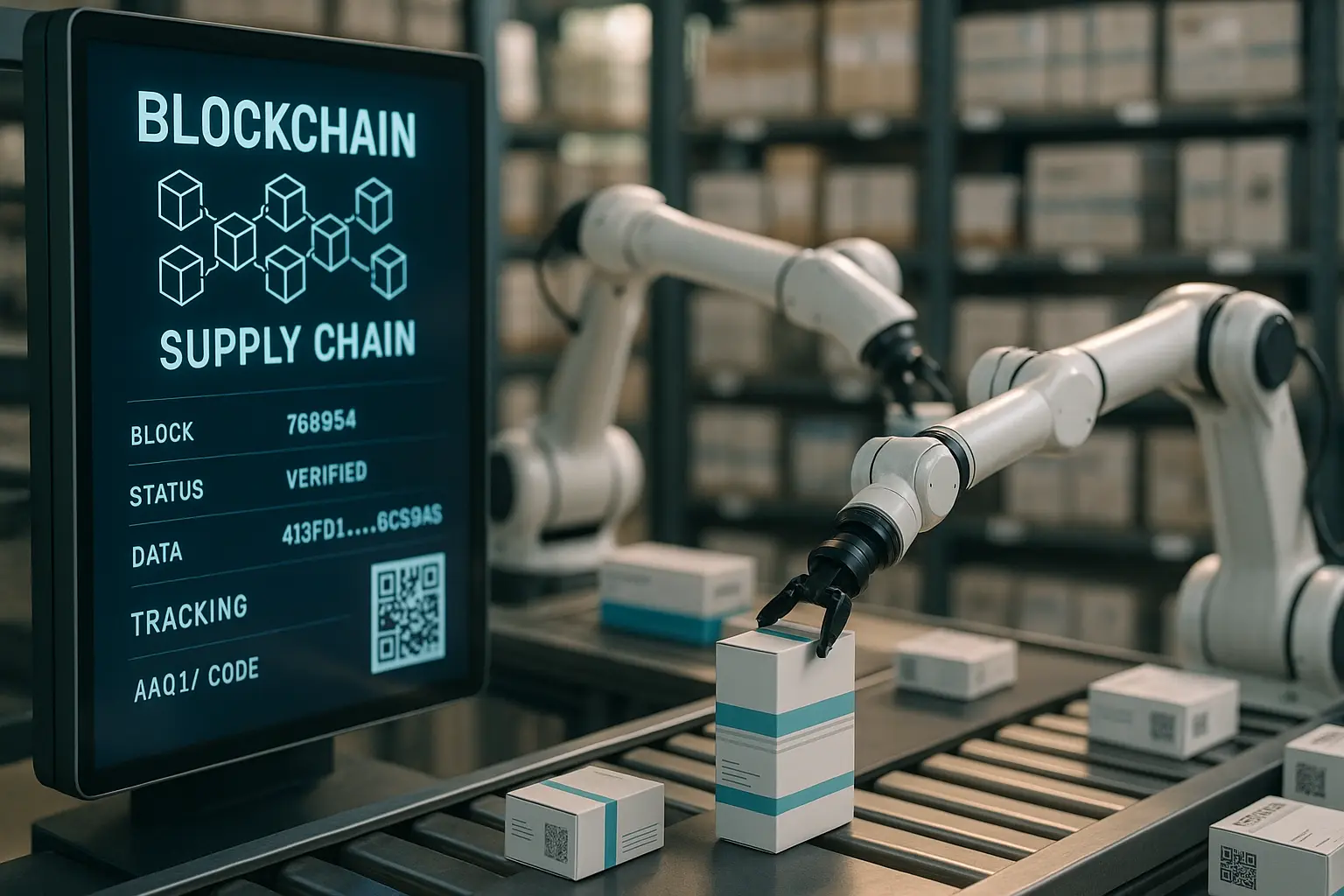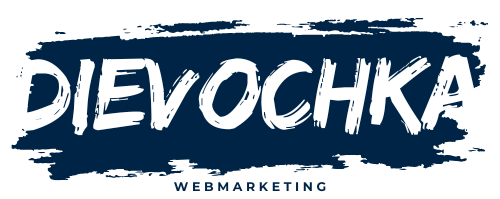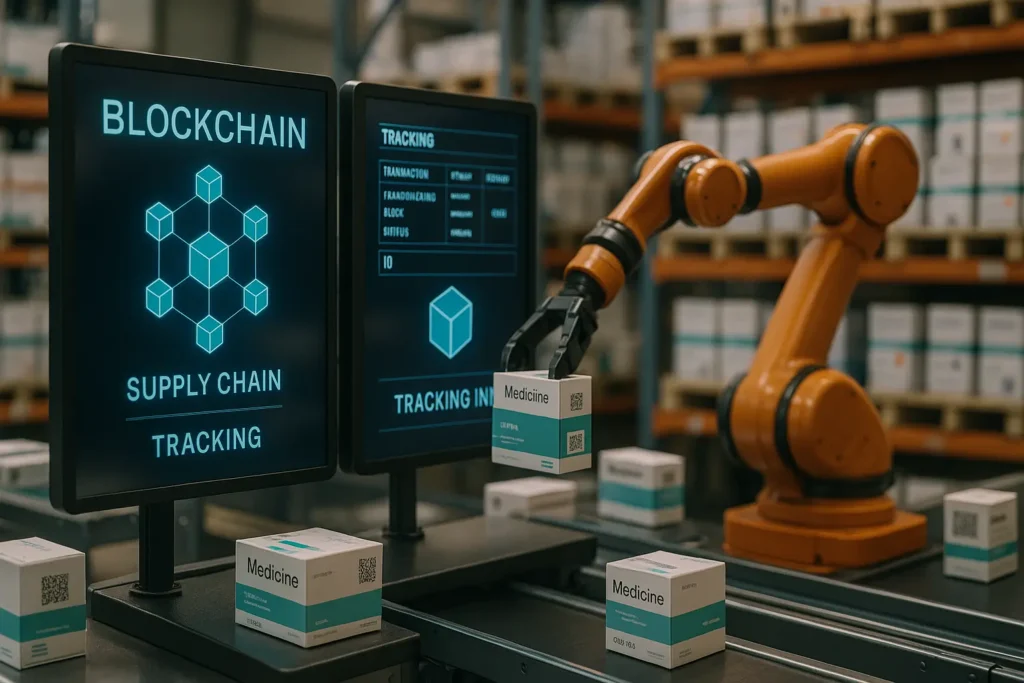In today’s rapidly advancing world, the integration of blockchain technology into the pharmaceutical supply chain has emerged as a groundbreaking revolution, offering promising solutions to age-old challenges. As we navigate through 2025, the intersection of technology and healthcare is reshaping how we perceive and manage every drug, transaction, and data point within the intricate network that delivers medications to our communities. Imagine a world where transparency and security are not just aspirations but integral facets of our healthcare systems. This article delves into the real impact of blockchain on the pharmaceutical industry, exploring its potential, challenges, and the transformative changes it brings to drug management.
Unveiling Blockchain’s Transformative Power
Blockchain’s unique architecture holds the potential to revolutionize the pharmaceutical industry’s supply chain. By providing a decentralized and immutable ledger, blockchain ensures that every piece of data entered into the system remains tamper-proof and transparent. This innovation is a game-changer for an industry plagued by counterfeit drugs and inefficiencies.
One of the most critical aspects where blockchain excels is in authenticating drug origins. By using blockchain, each step in the supply chain—from manufacturing to distribution—can be accurately recorded, creating an unalterable chain of custody. This traceability ensures that consumers receive genuine products, thus bolstering drug safety.
Moreover, blockchain elevates the pharmaceutical industry’s data management capabilities by optimizing transaction processes. Instead of relying on outdated systems that can be cumbersome and error-prone, blockchain automates and accelerates data exchanges, reducing transactional costs and improving efficiency. The result is a streamlined process that benefits all stakeholders, from manufacturers to end-users.
The implementation of blockchain technology also provides unparalleled security. In an era where cyber threats are a constant menace, blockchain’s cryptographic features offer robust protection against data breaches and unauthorized access. By safeguarding sensitive information, blockchain instills confidence in consumers and enterprises alike, fostering a climate of trust and reliability in the pharmaceutical system.
Addressing Challenges with a Modern Approach
While blockchain offers transformative potential, integrating it into the pharmaceutical supply chain presents certain challenges that require strategic solutions. Chief among these challenges is the perceived cost of development and implementation. Transitioning to blockchain technology requires substantial initial investment in infrastructure and training, which can be a deterrent for some organizations.
However, it’s essential to consider the long-term benefits. By reducing counterfeit drugs and optimizing supply chain efficiency, blockchain can offset its initial costs. The enhanced data integrity and security ensure that savings in drug management, reduced transaction errors, and increased consumer trust can lead to significant returns on investment.
Another challenge lies in achieving industry-wide adoption. The success of blockchain in the pharmaceutical sector hinges on widespread collaboration among stakeholders. It requires enterprises to set aside competitive differences and work towards a common goal of transparency and security, which can be challenging in a highly competitive market.
Moreover, regulations and compliance present hurdles. As a relatively new technology, blockchain must adapt to existing laws and standards within the pharmaceutical industry. Collaborative efforts between regulators and industry leaders are necessary to develop frameworks that support innovation while maintaining safety and efficacy standards.
By approaching these challenges with a modern mindset, stakeholders can harness blockchain’s potential to transform drug supply chains into more efficient and trustworthy systems.

Enhancing Security and Transparency
In an era characterized by digital advancements, the need for security and transparency in the pharmaceutical industry has never been more pressing. Blockchain technology offers a robust solution to these concerns, providing an immutable, decentralized ledger that ensures data integrity throughout the supply chain.
One of the most significant advantages of blockchain is its ability to combat counterfeit drugs. By creating a secure, traceable record of every transaction within the supply chain, blockchain can effectively eliminate the circulation of fake medications. With each drug’s entire history accessible on the blockchain, consumers and healthcare providers can verify the authenticity of products before use, ensuring patient safety.
Furthermore, blockchain enhances data transparency, allowing for real-time monitoring and auditing of drug movements. This increased visibility empowers stakeholders with valuable insights, enabling them to identify inefficiencies, anticipate potential issues, and make data-driven decisions that optimize the supply chain process.
Blockchain also fortifies data security by safeguarding proprietary and sensitive information from unauthorized access and cyber threats. Its cryptographic features provide an additional layer of protection, reducing the risk of data breaches and ensuring compliance with stringent regulations.
By integrating blockchain into the pharmaceutical supply chain, we can achieve heightened levels of security and transparency, reinforcing consumer trust and enhancing the overall efficacy of drug distribution systems.
Future Prospects: A Vision of Tomorrow
As we look to the future, the prospects of blockchain in the pharmaceutical industry are both promising and exhilarating. With its transformative capabilities, blockchain stands poised to address many of the critical challenges facing healthcare supply chains today.
In the coming years, we envision a landscape where blockchain integration becomes the norm rather than the exception. This transition will empower the industry to harness the full potential of digital transformation, driving innovation and optimizing supply chain processes.
One exciting prospect is the development of smart contracts, which can automate and streamline transaction processes, reducing the potential for human error and ensuring compliance with regulations. These self-executing contracts hold the promise of further reducing costs and enhancing supply chain efficiency.
Moreover, as blockchain technology continues to mature, its potential to foster collaboration and data sharing among industry stakeholders will open new avenues for research and development. This collaborative spirit can lead to groundbreaking advancements in drug discovery and production, ultimately improving patient outcomes.
The future of blockchain in the pharmaceutical industry is bright, with the potential to revolutionize drug supply chains and elevate healthcare to new heights. As we embrace these innovations, we remain committed to building a more secure, transparent, and efficient pharmaceutical landscape for generations to come.
As we conclude our exploration into the real impact of blockchain on the pharmaceutical supply chain, it is evident that this technology holds the potential to redefine how we perceive and engage with our healthcare systems. Blockchain’s promise of enhanced security, transparency, and efficiency offers a lifeline to an industry grappling with challenges ranging from counterfeit drug infiltration to inefficiencies in data management.
Incorporating blockchain into the pharmaceutical supply chain is not merely a technological enhancement; it is a commitment to building a future where trust and integrity are woven into the very fabric of our healthcare systems. As we navigate the complexities of this digital age, embracing blockchain represents a step towards a more connected, transparent, and secure medical ecosystem.
FAQ
What is the role of blockchain technology in the pharmaceutical supply chain?
Blockchain technology acts as a secure and transparent ledger that enhances the traceability of pharmaceutical products, ensuring that they are genuine and have been stored under the proper conditions throughout the supply chain.
How does blockchain improve drug safety and authenticity?
By providing a tamper-proof record of every transaction, blockchain ensures that all parties involved in the supply chain can verify the authenticity and provenance of pharmaceutical products, reducing the risk of counterfeit drugs entering the market.
Can blockchain technology help in regulatory compliance within the pharmaceutical industry?
Yes, blockchain can streamline regulatory processes by maintaining an immutable record of compliance-related data, making it easier for pharmaceutical companies to demonstrate adherence to regulations and for regulators to verify compliance.
How does blockchain enhance the efficiency of the pharmaceutical supply chain?
Blockchain reduces inefficiencies by enabling real-time tracking and sharing of information among stakeholders, which leads to faster and more accurate decision-making and reduces the time and costs associated with manual record-keeping and verification.
What are the challenges of implementing blockchain in the pharmaceutical supply chain?
Challenges include the need for widespread adoption and collaboration among stakeholders, data privacy concerns, and the technical complexity and cost of integrating blockchain with existing systems.



